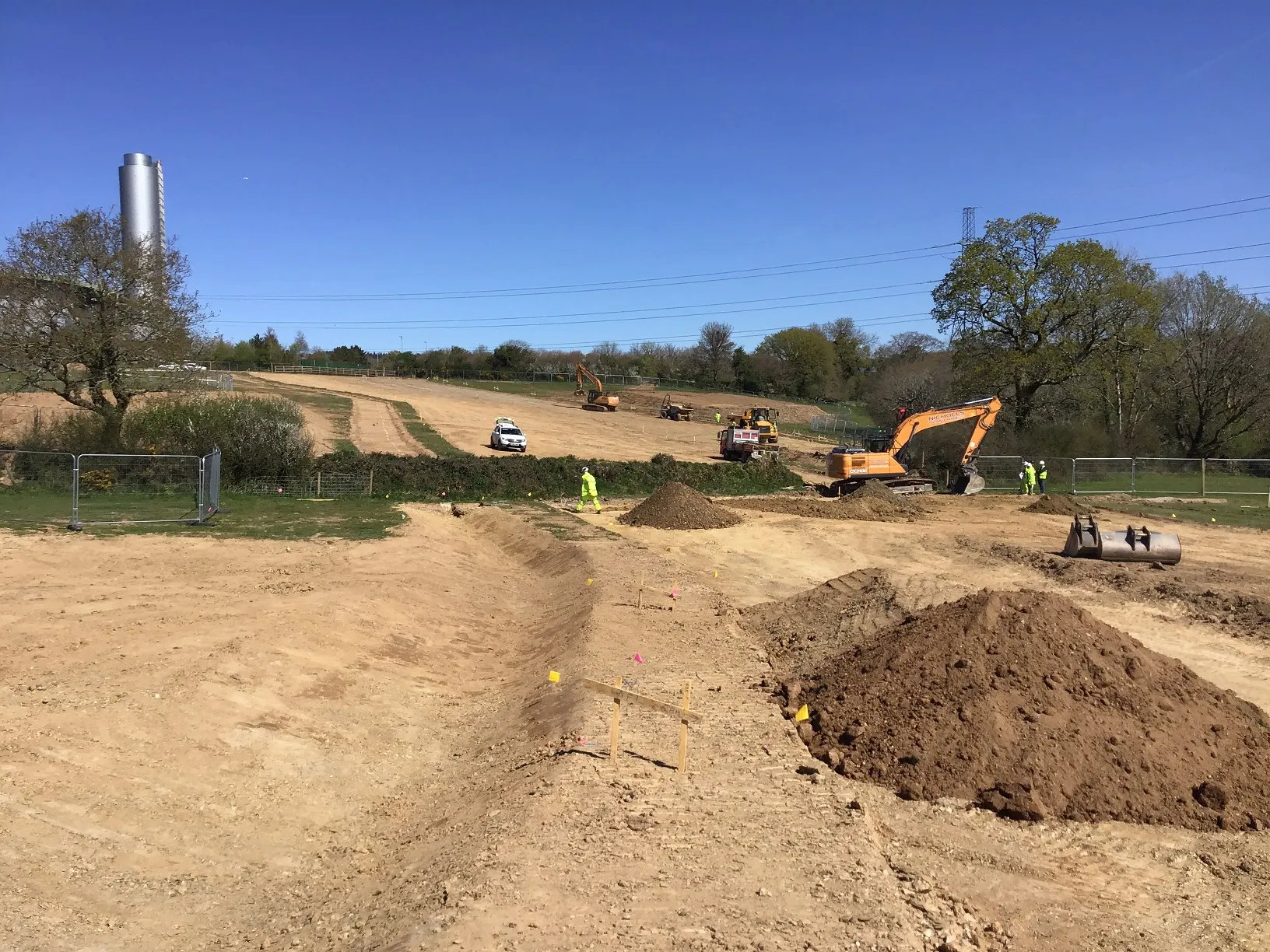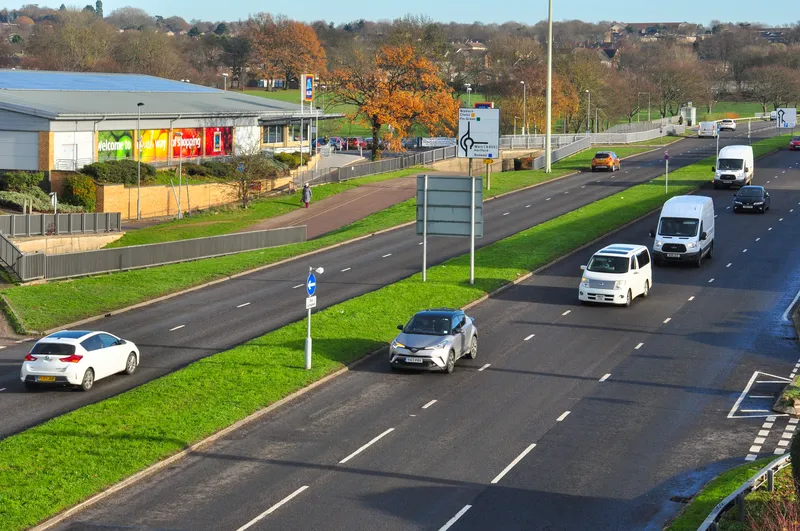
UK local authority-owned business Cormac has commenced a significant programme of works aimed at supporting business growth throughout the South West of England.
The initiative includes vital design, environmental maintenance, and construction delivery works, highlighted by the recent Freeport Langage Phase 1a Access Road project award.
Cormac recently commenced construction of this vital spine road designed to enhance connectivity to the Plymouth and South Devon (PASD) Freeport. This initial development phase represents a £4m investment from the UK Government's PASD Freeport seed capital programme.
Partners gathered this month to mark the start of the project, which will link to the Freeport's largest tax site at Langage, facilitating access to nearly eight hectares of employment land.
The Freeport initiative aims to foster business development by providing essential infrastructure to attract private investments. The PASD Freeport, one of twelve designated Freeports in the UK, involves a collaborative effort among Plymouth City Council, South Hams District Council, Devon County Council, and several private sector partners.
Over the last few years, Cormac says it has secured and delivered over £10m of external business through South West local authorities, all delivered from its bases in Cornwall and Devon.
Ian Bounsall, business director for regional business at Cormac, commented: "We are proud to work alongside our partners and play a key role in delivering this important infrastructure project, which will support local economic growth and job creation. The spine road represents a pathway to future opportunities for businesses and communities in the Plymouth and South Devon area.
Cormac has also confirmed the first phase of design work at Stoketon junction in Saltash, facilitated by its consultancy team. In tandem with these developments, Cormac says its environmental teams have secured a vital partnership with the University of Plymouth, providing grounds maintenance services that promote biodiversity, engage staff and students, and enhance campus facilities.
Cormac MD Dominic Bostock said: "By working closely with our peninsula partners and communities, we are achieving sustainable solutions that yield long-term benefits for everyone involved. We are not just building and maintaining infrastructure but actively shaping the future of the regions we serve.
“As we continue to expand our reach and capabilities, we remain focused on ensuring that our growth is sustainable and intimately tied to the values of our communities. Together with our stakeholders and partners, Cormac will strive to create projects that are environmentally sound, economically viable, and socially responsible.”









